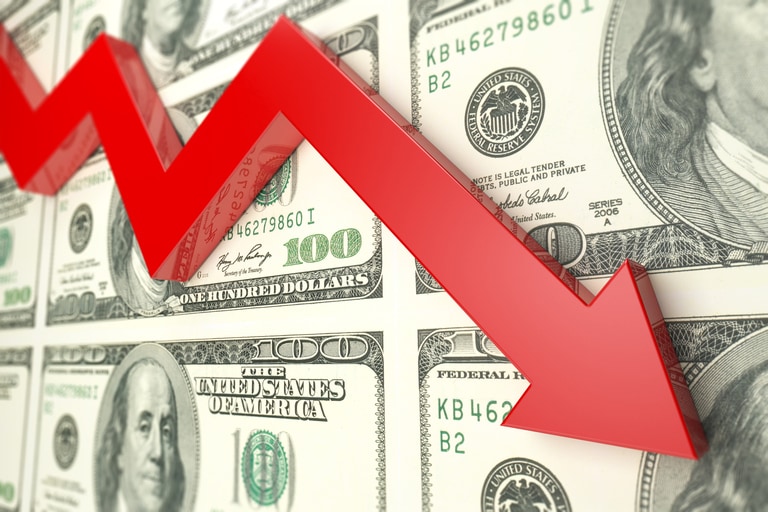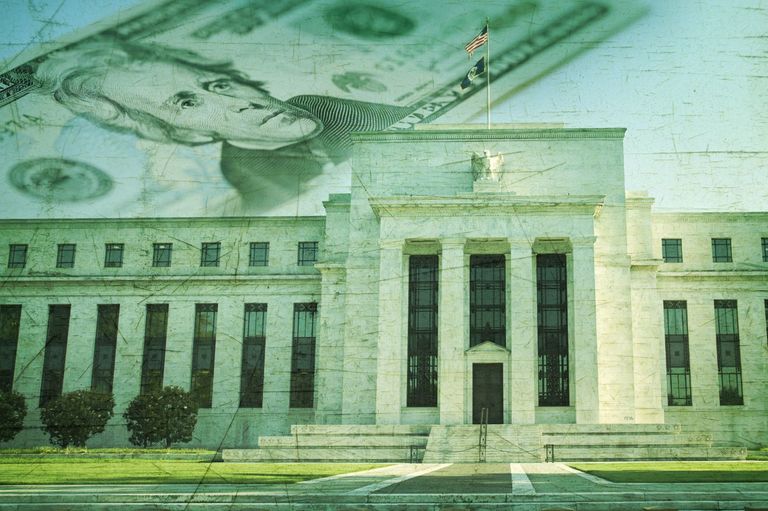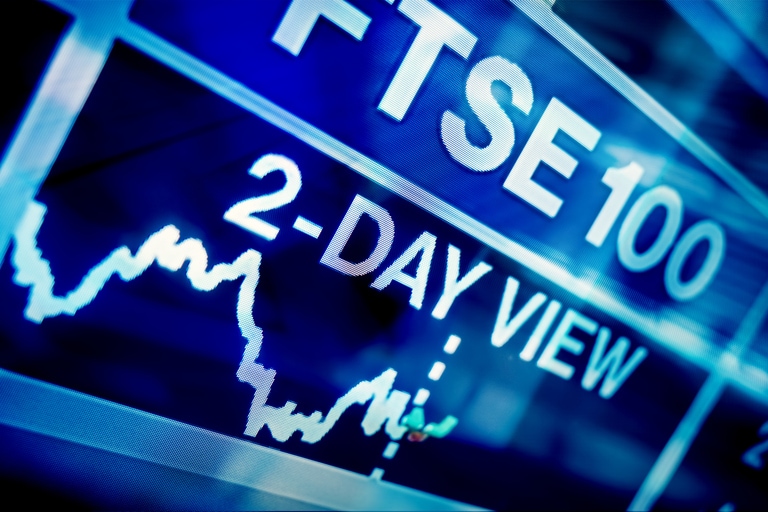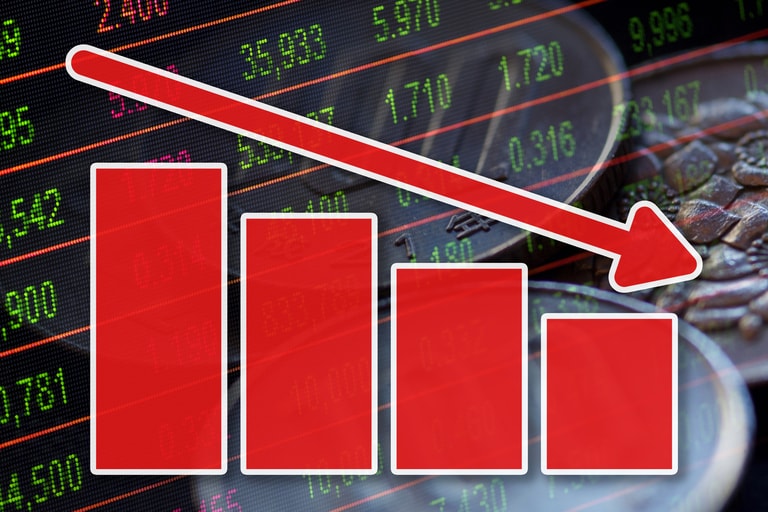Since the start of 2021, meme stocks have proven to be a popular topic of debate and controversy, especially within US stock markets. Read on to discover how meme stocks can be both advantageous and disadvantageous for traders. We explore some of high trending meme stocks with fluctuating share prices to watch this summer.
What is the meaning of a meme stock?
Meme stocks are the shares of companies that have seen a recent surge in viral activity, which is usually fuelled by online social media platforms such as Reddit and Twitter. The buzz over a particular stock prompts retail traders to buy the stock with the knowledge that its share price is likely to rise. Stocks with significant 'short' interest are frequently favoured by the meme stock community, in an effort to 'squeeze' anyone who has been shorting the stock into covering their short.
The term ‘meme stocks’ originated from the online discussion forum Reddit, where the sub-reddit forum known as ‘WallStreetBets’ has become wildly popular among stock and options traders, and has recently had a major effect on US and UK-based exchanges.
How do meme stocks work?
Towards the end of January, WallStreetBets users criticised large financial organisations and hedge funds for continually shorting struggling stocks such as GameStop and AMC Entertainment. This led to retail traders purchasing a large number of shares in these companies in order to take advantage of a buy-and-hold approach. The news of a short squeeze then spread virally, attracting a lot of investor attention.
The following cycle explains how meme stocks tend to work in the share market, according to a user of the WallStreetBets forum.
1. Early adopter phase: a company is identified to be undervalued by a number of retail investors, so they start to place buy orders.
2. Middle phase: the stock starts to gain attention from other traders, who join in the process. Its share price elevates even further.
3. Late/FOMO phase: the stock gains viral attention across social media and other online platforms. Investors that are late to the process all purchase shares at once with the fear of missing out on potential profits. This is where short sellers also join in.
4. Profit-taking phase: the buying stage peaks and some of the first traders involved start to close out positions. This creates a new panic-selling phase as investors do not want to lose money when the share price starts to fall.
5. Set for next cycle: after crashing, the stock may trade sideways and see little activity for a few weeks or months, until buyers regain interest.
Whereas retail traders could most likely profit from rising share prices, on the other hand, institutional investors or hedge funds may suffer if they have been short selling units of the affected stock. If a hedge fund is betting that the price of a certain stock will decrease but all of a sudden its share price starts to rise, this will leave them no choice but to cover their short position by buying the stock to avoid loss. This mad scramble of investors all fighting to buy the stock causes what is referred to as a short squeeze, which can be a costly process for shorts.
Sometimes, meme companies tap the market for more funding by issuing new shares, taking advantage of the frenzied interest in their company to bolster their balance sheets for the future. They may also do this to increase investment in strategic goals such as marketing and consumer appeal. However, this extra supply of shares hasn’t deterred the investment community much during this meme stock boom, and investors still appear confident in their buy-and-hold approach.
List of meme stocks to watch
Gamestop (GME)
The most famous example of a recent meme stock controversy involves the US video gaming and consumer electronics retailer, GameStop. The company’s financials pre-2021 suggested that it was struggling, and its share price had been in a long-term decline. At the start of 2021, GameStop was trading for around $19 per share.
By the morning of 28 January, the stock hit an all-time high of $483, which amounted to great losses for the hedge funds who were caught short, causing various brokers to restrict trading GameStop and other associated shares until the period of volatility was over. Even then, its share price plummeted after a week to $40, then peaked once again a month later. GameStop is up 1,187% year to date as of mid-2021 and the volatility surrounding the company is still present, so if you’re looking for a volatile meme stock, then this may be the one.
AMC Entertainment (AMC)
Another struggling company that has seen its share price soar is US-based movie theatre chain AMC Entertainment. Before 2021, AMC Entertainment was considered to be a penny stock, trading at around $4 per share. Following the GameStop frenzy at the start of the year, traders also turned their attention to other companies that had a high level of short interest, leading AMC’s share price, which reached a high of $36 at the end of March.
Throughout May 2021, the company’s share price jumped by 570% to reach a peak closing price of $63.97. It's often at the top of the WallStreetBets mention list as one of the most trending meme stocks of the year, up 823% year-to-date.
BlackBerry (BB)
As short interest hit a four-year high, another struggling company on this list of meme stocks is BlackBerry, a Canadian company that specialises in enterprise and security software services. It's also the parent company of mobile phone manufacturing brand BlackBerry. The company was trading for around $9 before the meme stocks boom, when its share price more than tripled to a 52-week high of $28.77.
Shares of BlackBerry climbed sharply, by almost 55% throughout May 2021. In the same month, the company announced a five-year partnership with the University of Waterloo to drive research, development and innovation in Canada. This could suggest exciting new projects from BlackBerry in the coming years, making it a stock to watch.
Bed Bath & Beyond (BBBY)
Bed Bath & Beyond stock had been fluctuating for quite some time before the meme stock mania started, and the company was forced to close over 20% of its stores across the US in 2020. The home furnishings retailer is up about 60% as of June 2021 when compared with the previous month.
Although Bed Bath & Beyond is proving to be a trending meme stock with a rising share price, CEO Mark Tritton does not believe that stock market activity will have an effect on the company’s operations. He also hasn’t emphasised a preference for long-term investors or short-term retail traders, so this could be a stock to watch for both types of traders.
Nokia (NOK)
Nokia supposedly became a targeted meme stock by WallStreetBets due to its involvement in 5G technology. The Covid-19 pandemic has slowed down the rollout of 5G globally, leading to a large number of hedge funds and institutional traders to short Nokia stock. In January 2021, there was a surge of bullish sentiment for the stock and a short squeeze occurred over a single day. As a result, Nokia’s share price jumped by 106%. Although it fell back to its original price in the following days, it has been creeping back over the months of May and June, so investors may wonder if there will be another short squeeze.
Out of these five listed meme stocks, Nokia currently has the largest market capitalisation and global presence, operating in over 130 countries. Therefore, some investors may see Nokia not simply as a meme stock but as a company with long-term investment potential, potentially dividing investor sentiment.
How to trade on meme stocks
1. Open an account to trade on the live markets. Please note that shorting restrictions may apply to individual shares on our platform.
2. Choose your product between spread betting and CFDs. Spread betting is tax-free in the UK* and doesn’t require you to pay commission fees on share profits, which can be useful for short-term traders.
3. Trading on meme stocks can be a volatile and unpredictable process, so learn about how to trade on volatility.
4. Use risk-management tools. Stop-loss orders can be effective at controlling your losses by closing you out of a trade when the trade goes against you, although they may also be triggered by short-term price movements, closing you out a potentially profitable trade if the price were to change again.
5. Analyse the markets and make use of social media. Twitter and Reddit in particular are a good way to stay up to date with stock news and trending themes.
What risks do meme stocks bring to traders?
-
The share price of a company usually reflects its intrinsic value and overall financial status. Therefore, if a company’s share price soars overnight, it is usually a sign of a highly volatile market that could see the company’s share price violently spike in either direction. It’s advised to use prudent risk-management when trading in these types of environments.
-
US Investors such as Dan Niles and Paul Nolte are predicting that US meme stocks will crash after announcements from the Federal Reserve in the second half of 2021, as it may decide to ease up on its monetary policies. This could lead to less liquidity within the stock market and less opportunities for short selling.
Read our complete guide to risk-management to find out how to offset risk in volatile markets.
*Tax treatment depends on individual circumstances and can change or may differ in a jurisdiction other than the UK.
Disclaimer: CMC Markets is an execution-only service provider. The material (whether or not it states any opinions) is for general information purposes only, and does not take into account your personal circumstances or objectives. Nothing in this material is (or should be considered to be) financial, investment or other advice on which reliance should be placed. No opinion given in the material constitutes a recommendation by CMC Markets or the author that any particular investment, security, transaction or investment strategy is suitable for any specific person. The material has not been prepared in accordance with legal requirements designed to promote the independence of investment research. Although we are not specifically prevented from dealing before providing this material, we do not seek to take advantage of the material prior to its dissemination.







